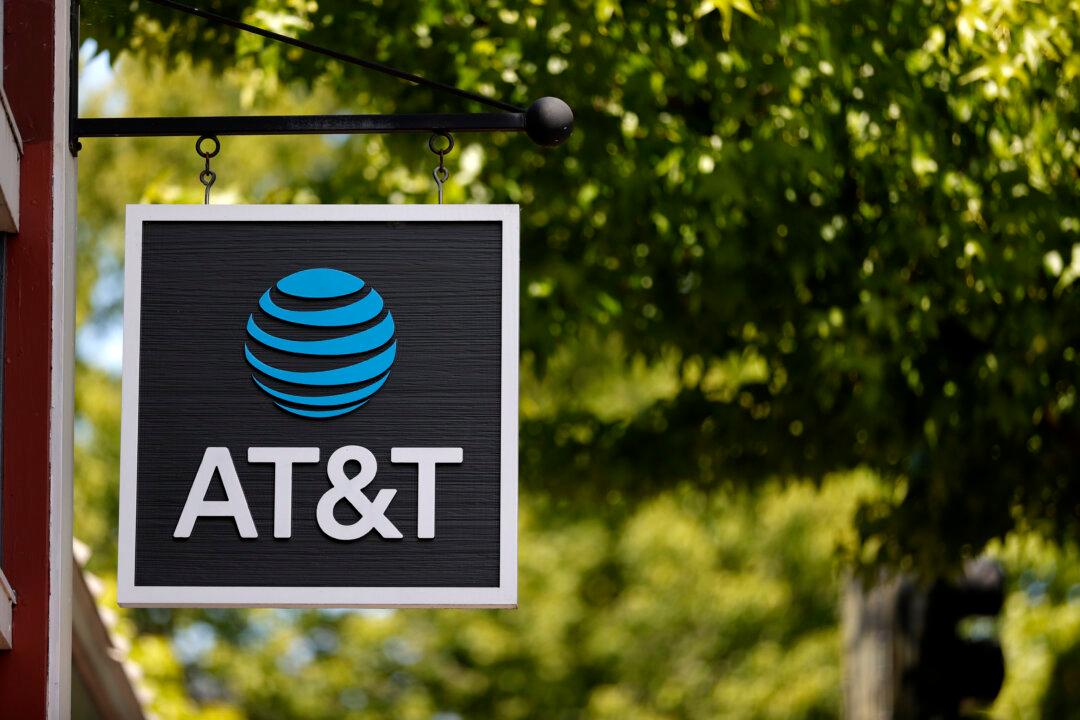Telecom behemoth AT&T is seeking to end a designation in California that would free the company from an obligation to provide landline connections to customers who request it—a move that could have negative implications for many citizens in the state.
AT&T asked the California Public Utilities Commission (CPUC) to be “relieved of its Carrier of Last Resort (COLR) obligations,” the agency said in a Jan. 26 press release. If the commission approves AT&T’s request, the carrier “would no longer be required to offer landline telephone service where it is currently required to offer Basic Service in those areas.”





